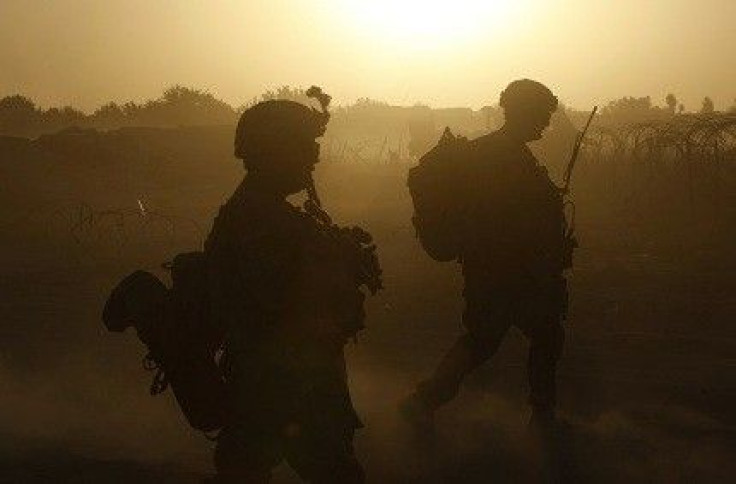Obama Says 33,000 Troops to Be Pulled Out of Afghanistan

In a letter sent to Congress last Friday, President Barack Obama announced that the United States intends to withdraw 33,000 troops from Afghanistan next year. Obama claimed his administration has reversed the Taliban's momentum in the Central Asian country, and that there has been improvement in the training of Afghan security forces.
We have seen great progress in our fight against al-Qaida; we have reversed the Taliban's momentum in Afghanistan; and we continue to see progress in training the Afghan National Security Forces, Obama said in the letter released by the White House, which accompanied his report on Afghanistan and Pakistan.
This will allow us in the coming year to fully recover the 33,000 U.S. troop surge I announced at West Point in December 2009, Obama said in the letter.
Beyond that change, we continue to implement the strategy and do not believe further modifications or adjustments to the metrics, resources or authorities are required at this time, Obama said.
Huge challenges remain, and this is the beginning -- but not the end -- of our effort to wind down this war.
With respect to Pakistan, however, the letter accompanying the report is not so positive, as it includes an indication of the strained relationship between the two countries since the U.S. raid that killed Osama bin Laden.
Recently, a U.S. military official accused Pakistan's Inter-Services Intelligence (ISI), the country's premier spy agency, of aiding insurgent attacks against U.S. targets in Afghanistan.
During a congressional hearing, Adm. Michael G. Mullen, outgoing chairman of the U.S. Joint Chiefs of Staff, asserted that one of the most dangerous groups in the Afghan Taliban insurgency, the Haqqani network, was a veritable arm of Pakistan's intelligence services, a characterization that deeply angered Pakistan.
© Copyright IBTimes 2024. All rights reserved.











